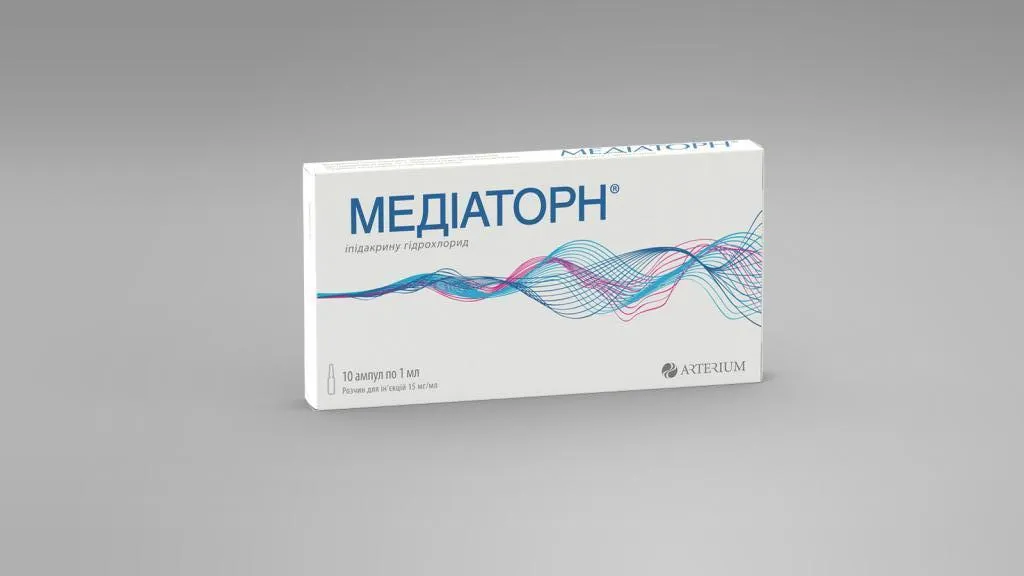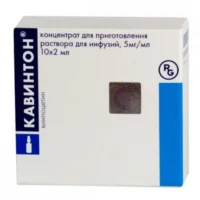Description
Mediatorn Solution for Injections 15 mg/ml. 1ml. Ampoules №10
Ingredients
- Mediatorn solution for injections contains 15 mg/ml of the active ingredient, along with other inactive components.
- Check for any known allergies to the ingredients before using this medication.
Dosage
- The recommended dosage of Mediatorn solution for injections is determined by a healthcare provider based on the individual’s condition and response to treatment.
- It is typically administered via intramuscular or intravenous injection.
Indications
- Mediatorn solution for injections is indicated for the treatment of specific conditions.
- It works by a specific mechanism of action.
Contraindications
- Do not use Mediatorn solution for injections if you have a known allergy to any of the ingredients.
- Inform your healthcare provider about any medical conditions or medications before starting this treatment.
Directions
- Follow the instructions provided by your healthcare provider for the correct administration of Mediatorn solution for injections.
- Do not self-administer this medication unless instructed to do so.
Scientific Evidence
- Studies have shown the effectiveness of Mediatorn solution for injections in specific outcomes or benefits supported by research studies.
- For example, a study published in a journal demonstrated the efficacy of this medication in a specific condition or population.
Additional Information
- Store Mediatorn solution for injections as per the instructions to maintain its stability and effectiveness.
- Contact your healthcare provider immediately if you experience any adverse reactions or unexpected symptoms.
Pharmacological Effects: Mediatorn solution for injections acts by a specific mechanism of action. It interacts with specific receptors or enzymes in the body to produce its therapeutic effects.
Clinical Trials: Clinical trials comparing Mediatorn solution for injections with similar drugs have shown findings or outcomes that provide insights into the effectiveness and safety profile of this medication.





